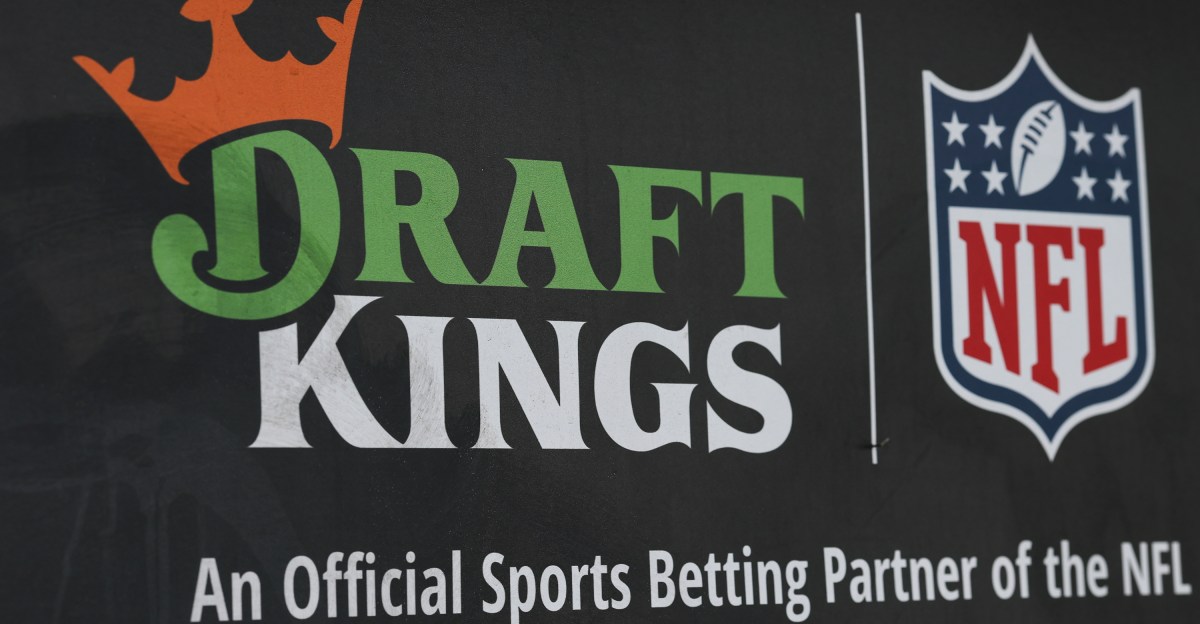
For those who are not acquainted with the specifics of UFC’s recent fight-fixing allegations, here’s a summary of the events:
Featherweight Isaac Dulgarian, who went into his last match as the biggest favorite in UFC history, had odds around -250 against Yadier Del Valle leading up to their bout on November 1st. However, a sudden surge of bets on Del Valle dramatically changed the line to -150. An anonymous Reddit user, referencing a friend at the Hard Rock Hotel & Casino, stated that the casino “received 5 significant bets from various individuals on Del Valle round 1.” This led some sportsbooks to halt betting entirely.
The fight itself confirmed those suspicions. Although Dulgarian possessed an exceptional wrestling skill set complemented by solid jiu-jitsu, he attempted a lackluster takedown, surrendered his back, and offered minimal resistance as Del Valle applied a fight-ending rear naked choke at 3:41 of the first round. The indication of foul play was so evident that multiple sportsbooks compensated those who had wagered on Dulgarian, who had also complicated matters by suggesting fighters should receive a percentage of successful bets placed on them earlier that week.
This was not the first scandal involving gambling for the organization. In one of my favorite foolish sports stories, they caught Tae Hyun Bang plotting to manipulate his fight against Leo Kuntz, instructed him to cease, and then watched as an untrained Bang surprisingly secured a split decision victory. Arguably, this wasn’t even the most outrageous incident; James Krause, who had a moderate career in the Octagon before turning to training and gambling guidance, caused himself and several associates to be banned after sending a compromised Darrick Minner into a fight against Shayilan Nuerdanbieke.
Nevertheless, this appears to be a turning point. Distrustful fans are reassessing other questionable results, such as when Andre Fili, whose gym is known for its guillotine chokes, inadvertently placed himself in Melquizael Costa’s grasp following a significant change in betting lines. The FBI, having recently announced a major illegal gambling investigation tied to the NBA and later revealing an MLB scandal involving two pitchers, has become involved.
Except for perhaps the Dana White article that received attention on Reddit, my MMA gambling articles attracted more readers than anything else I’ve produced, whether fiction or non-fiction. I excelled in that arena for a short period. As someone who has spent a considerable part of their adult life deeply involved in this field: I sincerely hope this results in a serious consequence. This situation is unpleasant.
I do not inherently resist gambling. It undoubtedly devastates lives, but numerous other vices we have chosen to trust people with do the same. The real problem lies in the absence of safeguards.
Although I anticipate backlash for this analogy, it’s the most relevant comparison I can recall: I advocate for waiting periods on gun sales. Yes, an unyielding few will remain undeterred by legal repercussions, but the goal isn’t to prevent a criminal act. It’s to delay impulsive decisions from those whose violent outbursts fade after a brief time.
Prior to the federal legalization of sports wagering, individuals had to either engage with an offshore sportsbook or travel to locations like Las Vegas. There was a significant effort required to derail your entire life. Now, you can do so from the comfort of your home, and much of each broadcast encourages you to partake.
The same reasoning applies to fixing games. I have long found it perplexing that betting is allowed on elements directly within athletes’ control, such as the under on rebounds, and those prop bets are becoming increasingly specific. It’s simpler than ever to commit fraud and increasingly difficult to prove.
Then there’s the issue of toxicity. Part of the appeal of sports lies in pouring emotions, both good and bad, into something that ultimately carries no weight. While I don’t realistically believe that Yankees enthusiasts should bear a brand of the team’s logo akin to a vengeful Bostonian’s interpretation of The Scarlet Letter, it’s enjoyable to become invested in trivial matters when all involved are aware the stakes are nonexistent. It becomes quite challenging to preserve that sentiment when your favorite quarterback’s interception costs you the equivalent of a month’s salary instead of merely bragging rights in your workplace’s fantasy football league.
The existing framework is detrimental for everyone involved. It negatively affects athletes who must concern themselves with their errors potentially inciting violent reactions from strangers they inadvertently financially ruined. It’s challenging for viewers who must endure a flood of gambling advertisements and constantly question every lackluster performance they witness.
I’m not under the illusion that this problem can be entirely eradicated; indeed, there have been instances in the past where unscrupulous individuals manipulated an entire World Series long before the advent of computers. However, the current situation is unsustainable. While we have not experienced a recent tragedy in boxing (despite some individuals’ attempts), I would prefer that regulators not wait for such an event to occur.














